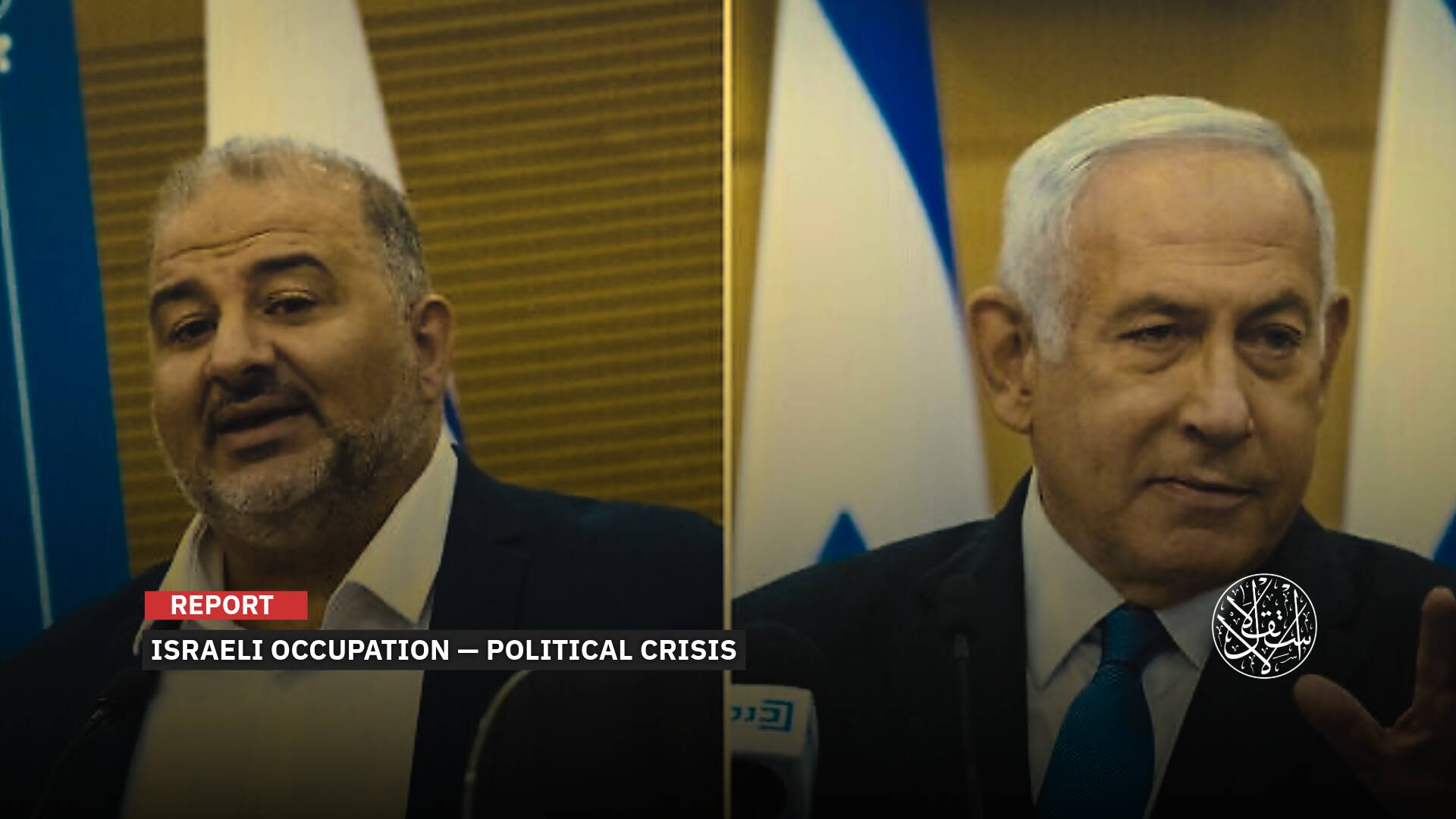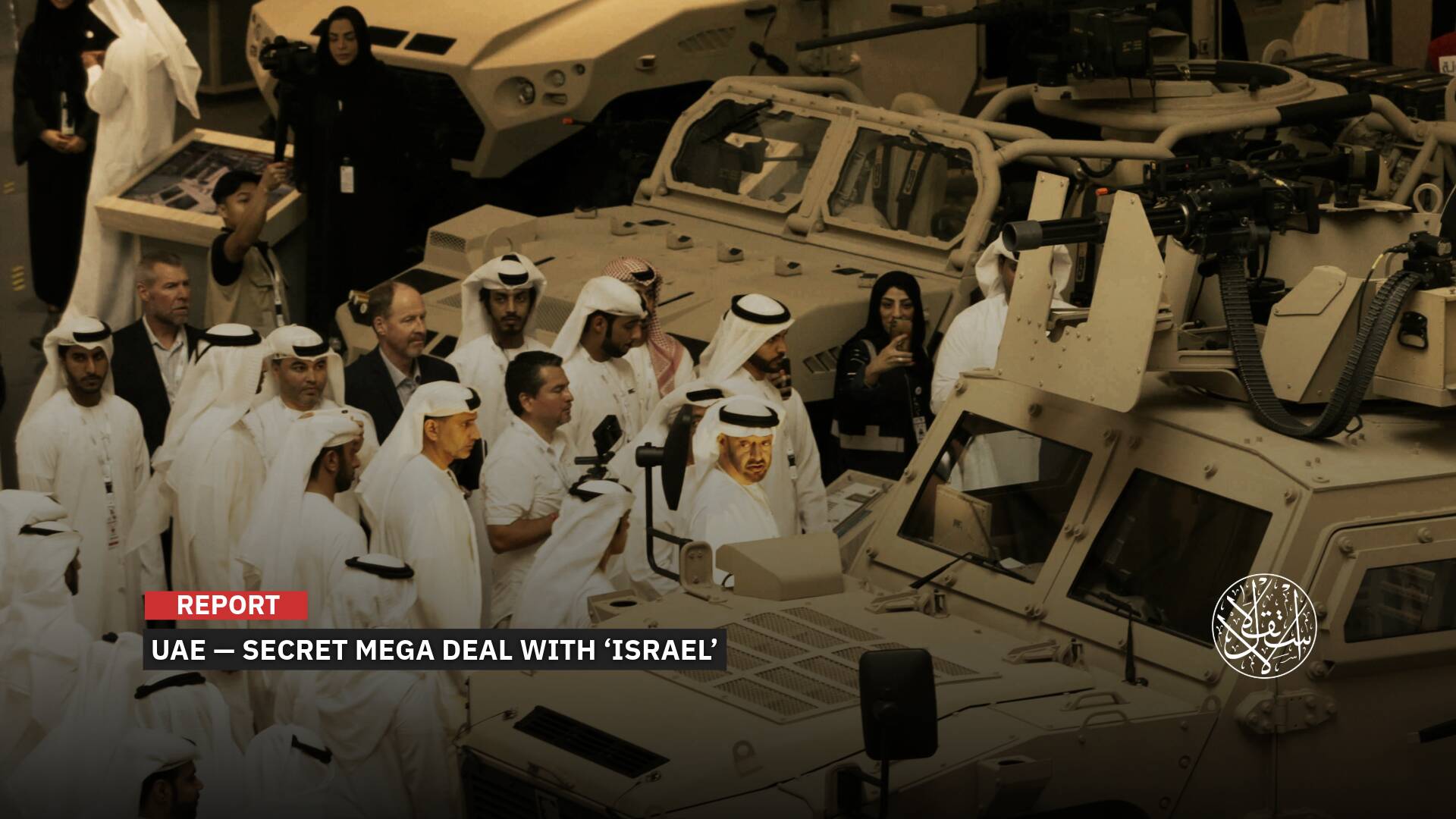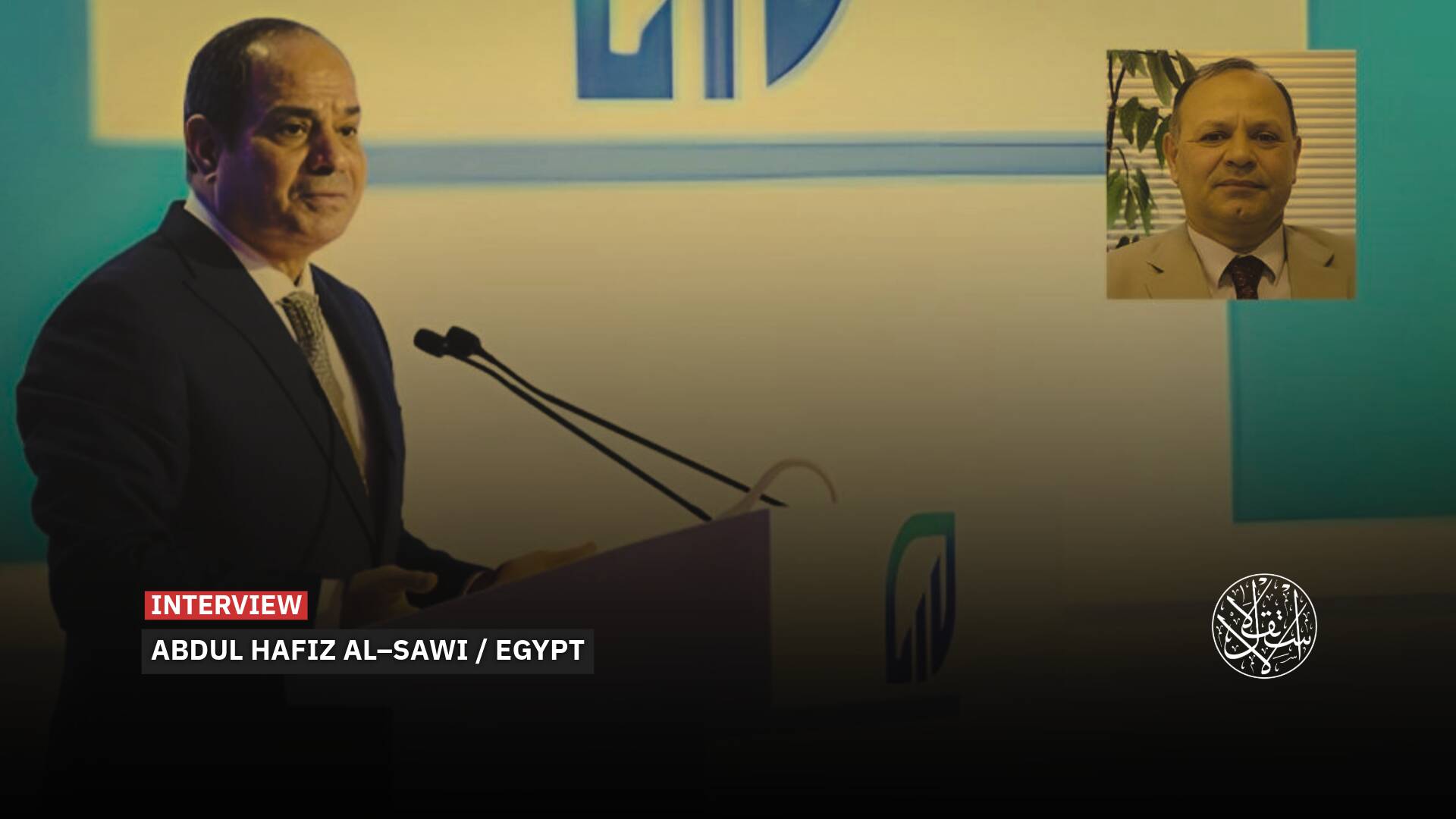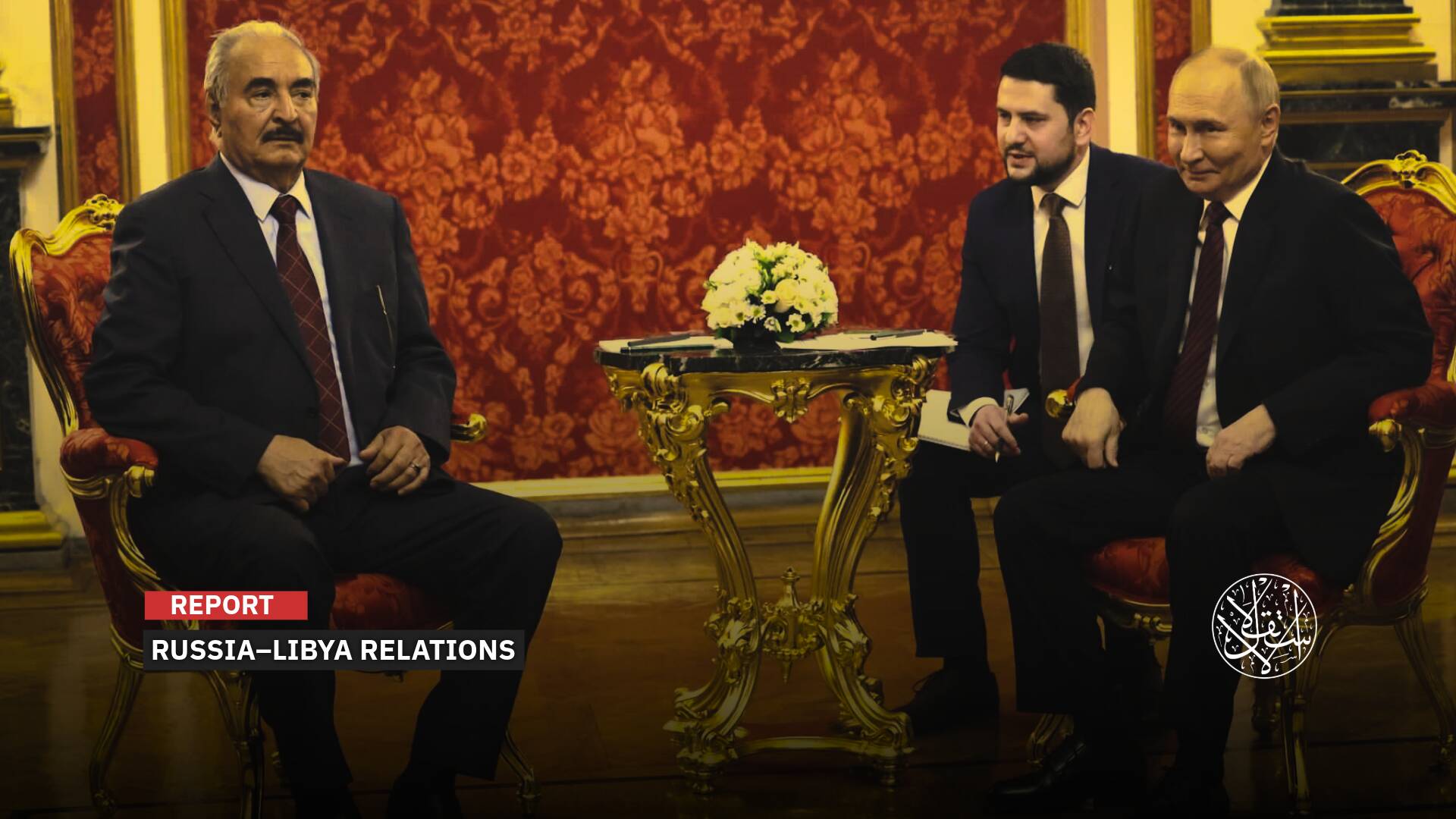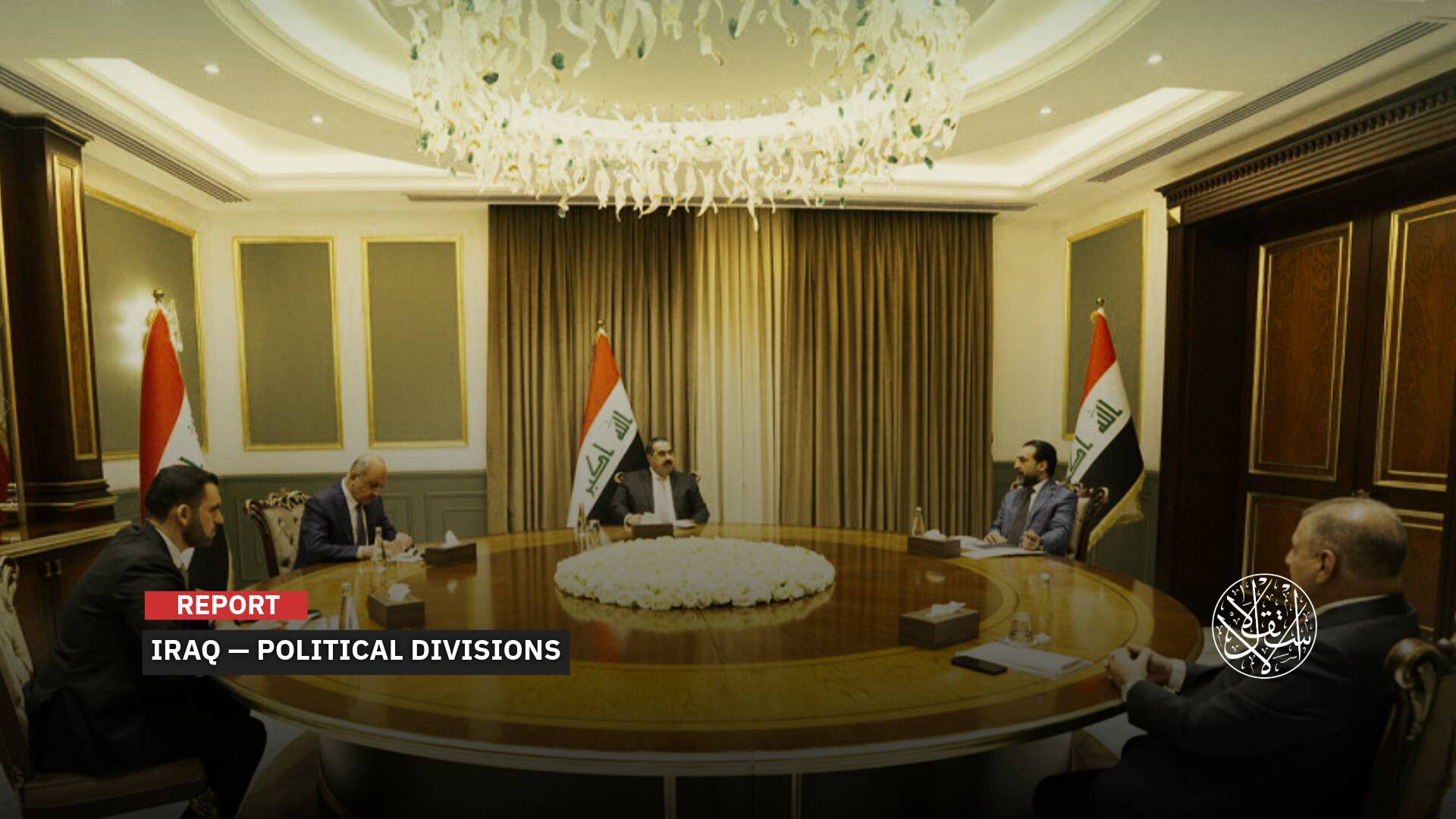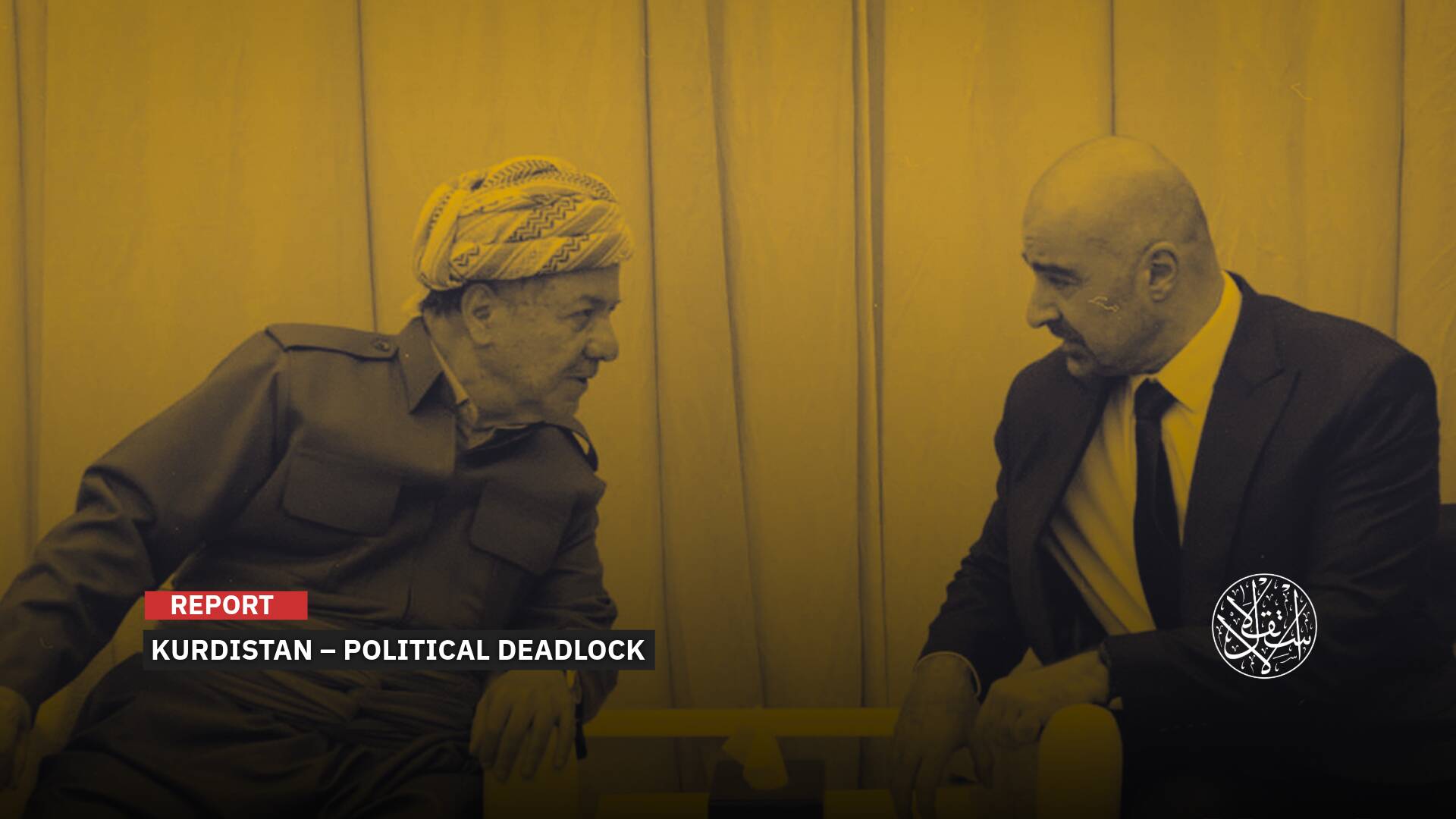Is Europe Still Stuck in the Need for Russian Gas?

Since Russia invaded Crimea in 2014, Europe has been trying to end or reduce its dependence on Russian gas and energy in general or reduce it as much as possible; the EU depends at least 40% of its resources on Russian gas, while some countries rely on more, such as Germany, where Russian gas dependency is about 65%.
But as the war in Ukraine began on February 24, 2022, the EU began to draw up plans to reduce dependence on Russian gas, especially with Russian gas exports to Europe amounting to $400 billion a year, which the EU sees as funding for Russia’s current war machine in Ukraine.
According to The European Commission, its plans rely on three main points: improving energy efficiency, through new building mechanisms, for example, which allow for reduced energy dependence on heating by isolating these buildings, the second point of increasing reliance on renewable and clean energy, and finally finding other sources of energy in general, and gas in particular, away from Russian gas.
Urgent Alternative
Within its current policy, which has left no room for normal relations with Russia, the EU needs to import gas from any source other than Moscow, and it needs to do so as soon as possible, beyond the limits of Russia's ability to influence.
This is linked to a range of concerns: first, Europe cannot end its total reliance on Russian gas, but its purchase of Russian gas during 2022 has increased from previous years, whether due to increased gas need; or for fear of future interruptions by storing surplus.
Indeed, multiple European companies were forced to agree to Russia's terms of payment in rubles, although it was considered by other companies to be blackmailing importers, and although it refused to pay rubles at the political level, they had no other choice but to comply with Russian demands, especially since Moscow had proved serious about cutting off gas to Bulgaria and Poland.
The second fear is that Russia will not wait for Europe to be able to reduce its dependence on its gas in any way, rather Moscow began to reduce its exports to the EU.
The current crisis has shown a significant poor reliance on a single energy supplier, particularly if there are political and strategic differences with it, especially since geography governs Europe's choices regarding the import of gas; it cannot import it from Australia, for example, which exports 99% of its gas to Asia, because Russia is the logical destination for Europeans.
Israeli Occupation Gas
According to the Israeli Ministry of Energy website, gas was first discovered in 1999, and gas discoveries continued off the shores of occupied Palestine over the following years, until the Tamar and Leviathan fields, which enabled "Israel" to have commercial reserves, were discovered and could be exported abroad.
But exports only began in 2019 as the Israeli Occupation took advantage of these reserves to cover its needs first, and to export to Jordan and Egypt later, as two separate agreements were signed with both countries, with the cost of importing Jordanian gas at $10 billion over 15 years, and with Egypt $20 billion for the same period.
These agreements took on a more political than economic dimension, as part of a U.S. strategy to link "Israel" and integrate it with neighboring Arab economies, make Arab countries dependent on energy imports from the Israeli Occupation, and network their infrastructure with Israeli infrastructure, including the Arab gas pipeline linking Egypt, Jordan, Syria, and Lebanon.
In 2020, one of America's major energy companies went online, with U.S. giant Chevron purchasing another U.S. company responsible for operating Israeli gas, contributing to the U.S. interests in the region, and it was very important for the United States to have one of its companies in the newly discovered gas field market in the Eastern Mediterranean, which before Chevron was limited to a modest presence in Cyprus, but the political dimension was even more important.
Egypt and the Occupation signed a tripartite agreement with Europe on June 15, 2022, with the aim of importing gas from the Israeli Occupation, after it was transported by pipes connecting "Israel" and Egypt's northern shores on the Mediterranean, to be then transported and shipped to southern Europe across the Mediterranean.
Who’s the Winner?
In January 2022, one month before the war broke out in Ukraine, the United States decided to withdraw its support for a project linking modern gas discoveries in Cyprus, "Israel," Greece, and possibly Italy, due to the environmental impacts of the project, which was then described as "project killing", following the EU's withdrawal from support for the linkage project because of its environmental impacts as well.
On the other hand, the Occupation will benefit not only from exports, but also from European investments in the energy sector, and Israeli gas may be a pressure sheet for Europeans to condemn, in all respect, the Palestinian issue or human rights violations, as well as in particular on settlement issues in the West Bank.
Moreover, the Israeli Occupation is making progress in integration with the Arab world, but rather using Egypt's ports to export gas to Europe, not just exports to neighboring Arab states, and although Egypt also exports small quantities of gas, domestic demand prevents these quantities from being increased more than their current reality, limited to the export of nearly nine billion cubic meters, although it imports gas from the Occupation as a result of previous binding agreements.
In addition to the political benefit of the West, by reducing dependence on Russian gas in the European Union, a trend that is also in the interest of the United States, and making the most of the Israeli Occupation politically and economically, Egypt also benefits from this agreement in many ways,
First, Europe is expected to help Egypt explore other gas fields, which will provide it with part of the investment in infrastructure, and this may later help it become a gas supplier to Europe as well, and the European Union will also provide 100 million euros to Egypt to help it with its food crisis and enable it to buy wheat; and invest $3 billion in the region in the agricultural sector, which contributes to easing the pressure on the Egyptian government in the field of wheat and food in general, other than a pipeline project.
The Egyptian government may also benefit politically; such agreements could mean that Europeans and Americans turn a blind eye to human rights, democracy, and other issues in Egypt, bring them closer to the European Union and its countries, and involve them in political files in the region.
But the Palestinian cause and human rights files are the biggest loser in the battle, with no possibility of making any profit; the Israeli Occupation continues to achieve diplomatic and economic achievements, and collect papers that will enable it to ease the pressure on its violations towards the Palestinians, the Arab ocean, which continues to be at the mercy of dictatorial regimes that increase its ties with the Occupation and deepen Tel Aviv's integration into the region at the expense of the interests and future of the Arab peoples.





